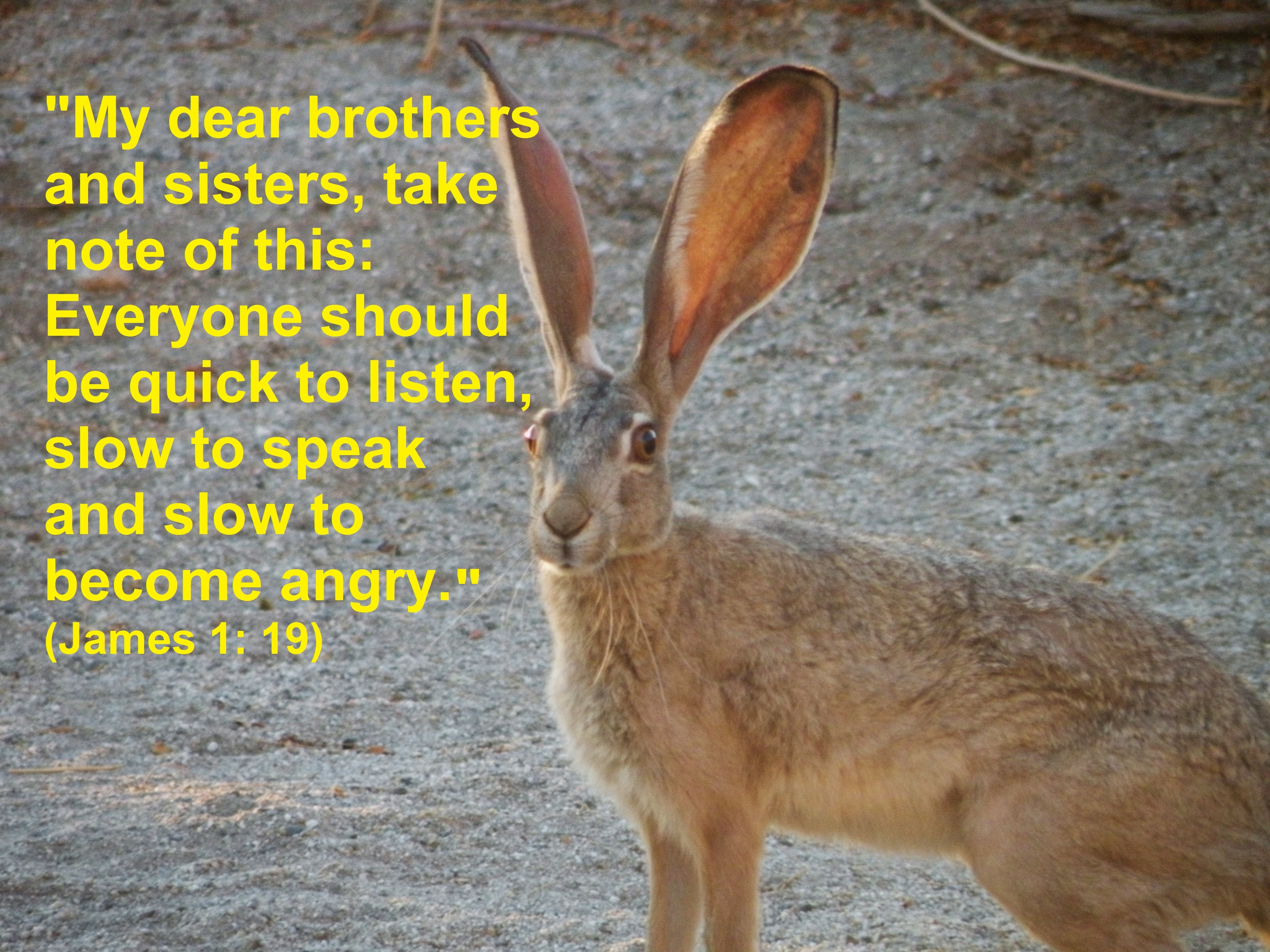 Why We Should Decode Christian Jargon and Use Everyday Language
Why We Should Decode Christian Jargon and Use Everyday Language
When my kids were teenagers, it seemed as if they sometimes communicated on AM while my frequency was FM; my receiver didn’t pick up their broadcasts. They spoke English—but a peculiar kind. Words (in their generation) such as rad and gnarly and boss showered their sentences and required a translation.
Perhaps there’s a lesson here for evangelists and apologists. Could we be using words and expressions that are foreign to unbelievers? Yes, we sometimes do. We need to communicate the Christian messages of salvation and how to have life more “abundantly” (John 10:10) in everyday language. In other words, use words we’re sure unbelievers will understand. In a later blog in this series, I’ll provide many examples of words and phrases to avoid along with suggested “translations” to everyday language.
The Problem
Christianity is no longer the dominant worldview in western culture. More and more, we reflect the traits of a subculture within the larger framework of the secular world. We publish our own books. We read our own magazines. When we can we attend our own colleges and universities. We use certain words and phrases to describe our beliefs and activities. And, perhaps most damaging to evangelism and apologetics, we prefer to associate only with other Christians.
Moreover, like teenagers of every generation, Christians converse in a particular jargon, “hang out” with their peers and socialize in ways attractive primarily to other Christians. Evangelist Jim Petersen gives us a well-heeded warning about this:
“Christians who keep to themselves, who do not experience a continuing influx of people just arriving from the dominion of darkness, soon surround themselves with their own subculture. Receiving no feedback from people fresh from the world, they forget what it’s like out there. Peculiar language codes, behavioral patterns, and communication techniques emerge that only have meaning for the insider.” (Christians]. (Evangelism as a Lifestyle, p. 88)
Let’s see how we can remedy this and have a more effective voice in today’s increasingly secular world.
“Be quick to listen, slow to speak” (James 1:19)
The first rule comes directly from Scripture. James’s admonition, applied to evangelism and apologetics, is to listen before you respond. In discussion with unbelievers, there is a tendency to anticipate what they are about to say and be thinking of our response—rather than listening to what they are saying. We need to be good listeners. If we aren’t, we will likely fail to identify hidden assumptions, inaccurate data, misconceptions, or other obstacles to understanding and accepting Christianity. The result is we won’t respond in a way that will turn the conversation away from untruth to truth. A good listener does not interrupt to voice their opinion before other people complete their thoughts.
Next week we’ll look at the second of two more crucial rules for communicating effectively in evangelism and apologetic—along with examples of discussion stiflers.
Thank you for addressing this issue. The bubble mentality seen in some Christian circles is disappointing, not to mention contrary to scripture, but the laity are often simply following a pattern set by their leadership. When congregants are subject to teaching that present an academic approach to their faith (full of jargon and attempts to intellectualise their belief system), are encouraged toward exclusivism through all manner of scripture twisting (or selective omissions), and are left unequipped to address the practical, day-to-day challenges of walking as a Believer in a world full of non-believers, you get what Peterson cautions us about, as well as inward-looking congregations that have zero impact on their community.
We see that bubble mindset operating within the faith as well when you see some movements, like the neo-Calvinist Young Restless Reformed, making heresy hunting a sport to such an extent that they refuse to read outside their very narrow collection of approved authors on any issue, while disparaging everyone from Billy Graham to C.S. Lewis, and finding themselves no longer able carry on a civil conversation with any Christ-follower outside their tradition or listening to any alternative view point, even on secondary and tertiary issues.
I look forward to the rest of your series.
Thanks, J.P. for your comments. Sad, but too often true. My next series will be based on an article I wrote for the Christian Research Journal some years ago and before that in my book, Engaging the Closed Minded. It’s titled “The Ten Commandments of Apologetics,” which deals with the dos and don’t of good apologetics. Part of the “commandments” I adapted from a taped seminar my former professor, Dr. John Warwick Montgomery gave decades ago. You may find it enjoyable. If all Christians would follow these principles, I believe the church would be much more successful in both apologetics and evangelism.
Blessings,
Dan
Dan, love reading your blog, learn something every week. This blog is a good reminder to be a good listener .
Thank you for sharing the wisdom that God has given you.
Your neighbor and sister in Christ.
Thank you so much, Elisabeth. Your encouraging comments mean a lot to me. I’m glad you are finding the blogs helpful!
Blessings to you and Chuck.
Hi Dan, great words of advice. As I become more mature in age “older”, it seems that I have developed the habit of responding quicker to statements by others or in conversations out of desire to respond with my opinion or answer.
This reminder is helpful to remember in all situations.
Thanks, Harry for your encouraging words. If you read last week’s blog, you saw that it was something I had to learn the hard way. And I admit, since I’m a B+ (Lisa says “A”) personality type, I still have to be careful how I respond.